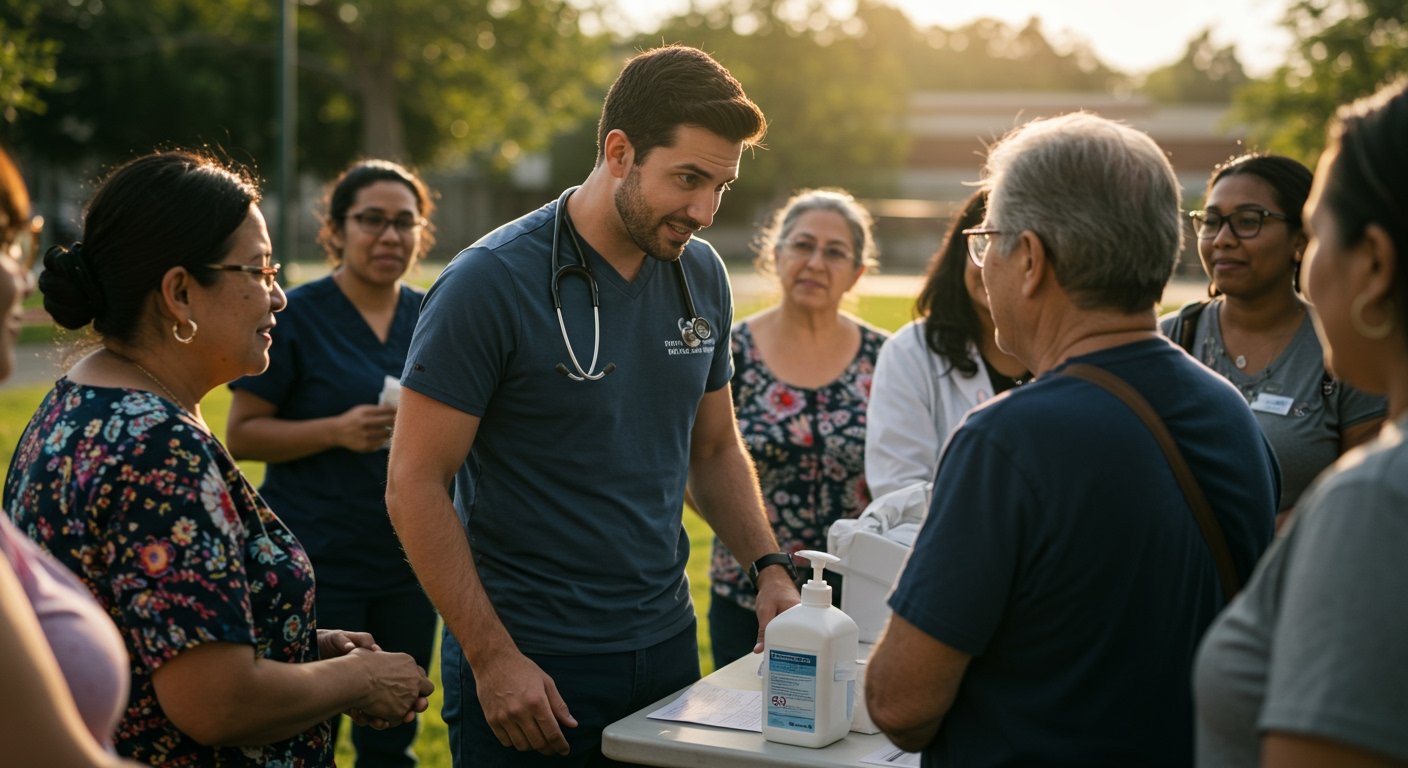WASHINGTON D.C. – U.S. Health and Human Services Secretary Robert F. Kennedy Jr. has appointed seven new members to the Centers for Disease Control and Prevention’s (CDC) influential vaccine advisory panel, an internal CDC document revealed. This latest move continues a significant reshaping of the Advisory Committee on Immunization Practices (ACIP), a body crucial for national vaccine policy, and has ignited further debate over the direction of American public health.
The appointments come in the wake of a broader restructuring initiated by Secretary Kennedy in June, when he controversially dismissed all 17 previous members of the ACIP. He then appointed eight new advisers, though one later withdrew from the panel due to financial conflicts of interest. The latest seven prospective members are currently undergoing vetting, with reports indicating they could join the committee ahead of its next scheduled meeting. These individuals include Dr. Raymond Pollak, a semi-retired transplant surgeon with an immunology background; Dr. Joseph Fraiman, an emergency medicine specialist who has authored studies questioning mRNA vaccine safety; Dr. John Gaitanis, a pediatric neurologist; Catherine Stein, an epidemiology professor; Hillary Blackburn, a trained pharmacist; and Dr. Evelyn Griffin, an obstetrician-gynecologist. Dr. Kirk Milhoan, a pediatric cardiologist, has also been named as a prospective member.
A Pattern of Unprecedented Change
Secretary Kennedy has publicly stated his rationale for these extensive changes, asserting that the ACIP had been “plagued with persistent conflicts of interest” and had become a “rubber stamp for any vaccine.” He expressed a commitment to restoring public confidence by appointing individuals dedicated to “evidence-based medicine, gold-standard science, and common sense.” Kennedy’s administration aims to ensure that the panel demands “definitive safety and efficacy data before making any new vaccine recommendations” and has sought to replace “vaccine groupthink with a diversity of viewpoints.” The initial eight appointees announced in June included several individuals known for their critical stances on vaccine policies.
Scrutiny and Concerns Over National Health Implications
The wholesale dismissal of experienced ACIP members and the subsequent appointment of individuals with publicly expressed skepticism toward vaccines have drawn significant criticism from public health experts, medical organizations, and lawmakers. Concerns have been amplified by reports suggesting that several new appointees may lack direct expertise in vaccine science or immunology, while some have participated in or supported anti-vaccine advocacy or lawsuits. Critics argue that these changes could politicize vaccine recommendations, weaken evidence-based decision-making, and erode public trust in the CDC’s guidance, which is vital for national health.
The turmoil extends beyond the ACIP, with reports detailing the recent firing of CDC Director Susan Monarez, who stated she was removed for refusing to “rubber-stamp” recommendations. This has led to further staff resignations within the agency, raising alarms about the operational stability and independence of the CDC.
ACIP’s Pivotal Role in American Public Health
The ACIP plays a critical role in shaping national health policy by reviewing scientific data on vaccines and issuing recommendations that influence immunization schedules for all age groups. These recommendations are foundational for insurance coverage mandates and significantly impact the accessibility of vaccines across the American healthcare system. The upcoming ACIP meeting, scheduled for September 18-19, is expected to address recommendations for updated COVID-19 vaccines, as well as vaccines for hepatitis B, measles, mumps, and rubella (MMR), and respiratory syncytial virus (RSV). The composition of the committee during these deliberations is therefore of considerable national interest.
As Secretary Kennedy continues to reorient the ACIP, the implications for vaccine policy, public trust, and the broader landscape of American health remain under intense observation by the public and policymakers alike.












